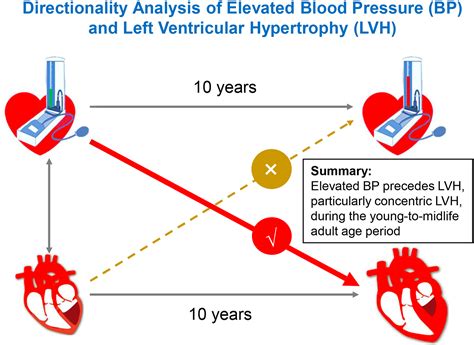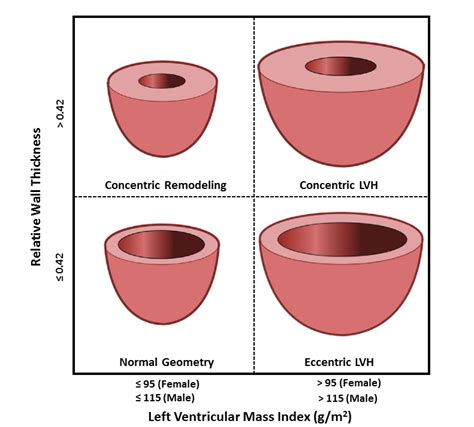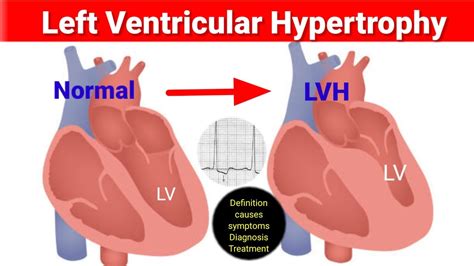lv wall thickening | enlargement of left ventricle heart lv wall thickening Left ventricular hypertrophy, or LVH, is a term for a heart’s left pumping . Tue 8am - 5pm. Wed 8am - 5pm. Thu 8am - 5pm. Fri 8am - 5pm. Sat 4pm - 5pm. Sun 9am - 1:00pm. Welcome to Canyon Ridge! God is up to something new in Las Vegas—and He wants you to be a part of it! Discover a community who will help you take your next steps into what God is doing.
0 · lvh and stroke
1 · left ventricular hypertrophy wall thickness
2 · left ventricular hypertrophy risk factors
3 · left ventricular hypertrophy and heart failure
4 · hyperdynamic left ventricular function meaning
5 · enlargement of left ventricle heart
6 · 12 lead lvh
Trusted Neurology Specialists serving Medical District, Las Vegas, NV. Contact us at 702-432-2233 or visit us at 2020 Wellness Way, #300, Las Vegas, NV 89106 | Las Vegas Neurology Center.
Left ventricular hypertrophy is thickening of the walls of the left ventricle, the . Left ventricular hypertrophy, or LVH, is a term for a heart’s left pumping .
Blood pressure medicines may help reduce or prevent thickening of the heart .

Left ventricular hypertrophy is a thickening of the wall of the heart's main pumping chamber, called the left ventricle. This thickening may increase pressure within the heart. The condition can make it harder for the heart to pump blood. Left ventricular hypertrophy is thickening of the walls of the left ventricle, the heart’s main chamber. The left ventricle pumps blood into the aorta (the largest artery in the body), which sends this oxygenated blood to tissues throughout your body.
Left ventricular hypertrophy, or LVH, is a term for a heart’s left pumping chamber that has thickened and may not be pumping efficiently. Sometimes problems such as aortic stenosis or high blood pressure overwork the heart muscle. Blood pressure medicines may help reduce or prevent thickening of the heart muscle. The type of medicine used depends on the cause of left ventricular hypertrophy. Medicines that might be used to treat left ventricular hypertrophy or the conditions that cause it include: Angiotensin-converting enzyme inhibitors.
lvh and stroke
When a condition causes the heart to work harder to supply the body with oxygenated blood, the left ventricle walls can become thicker — similar to how other muscles can become bigger from.

An enlarged or thickened heart — a condition doctors call left-ventricular (LV) hypertrophy — can lead to heart failure. It also may double the risk of dementia and cognitive impairment . Left ventricular hypertrophy (LVH) is a condition in which an increase in left ventricular mass occurs secondary to an increase in wall thickness, an increase in left ventricular cavity enlargement, or both.
Left ventricular hypertrophy (LVH) is an increase in the weight of the left ventricle due to thickening of the left ventricle walls, an increase in space within the left ventricle, or both. The two most common causes of LVH are high blood pressure and aortic stenosis (a heart valve disease). LVH symptoms are usually silent for years until the .
Left ventricular hypertrophy (LVH) is thickening of the heart muscle of the left ventricle of the heart, that is, left-sided ventricular hypertrophy and resulting increased left ventricular mass. Causes.
left ventricular hypertrophy wall thickness
Left ventricular hypertrophy is a form of cardiac remodeling that causes the heart wall muscle to thicken, which leads to an increase in LV mass (LVM). There are different sub-categories that fall into the diagnosis of LVH, which includes concentric, eccentric and concentric remodeling.
Left ventricular hypertrophy is a thickening of the wall of the heart's main pumping chamber, called the left ventricle. This thickening may increase pressure within the heart. The condition can make it harder for the heart to pump blood. Left ventricular hypertrophy is thickening of the walls of the left ventricle, the heart’s main chamber. The left ventricle pumps blood into the aorta (the largest artery in the body), which sends this oxygenated blood to tissues throughout your body.
Left ventricular hypertrophy, or LVH, is a term for a heart’s left pumping chamber that has thickened and may not be pumping efficiently. Sometimes problems such as aortic stenosis or high blood pressure overwork the heart muscle. Blood pressure medicines may help reduce or prevent thickening of the heart muscle. The type of medicine used depends on the cause of left ventricular hypertrophy. Medicines that might be used to treat left ventricular hypertrophy or the conditions that cause it include: Angiotensin-converting enzyme inhibitors.
When a condition causes the heart to work harder to supply the body with oxygenated blood, the left ventricle walls can become thicker — similar to how other muscles can become bigger from. An enlarged or thickened heart — a condition doctors call left-ventricular (LV) hypertrophy — can lead to heart failure. It also may double the risk of dementia and cognitive impairment .
Left ventricular hypertrophy (LVH) is a condition in which an increase in left ventricular mass occurs secondary to an increase in wall thickness, an increase in left ventricular cavity enlargement, or both. Left ventricular hypertrophy (LVH) is an increase in the weight of the left ventricle due to thickening of the left ventricle walls, an increase in space within the left ventricle, or both. The two most common causes of LVH are high blood pressure and aortic stenosis (a heart valve disease). LVH symptoms are usually silent for years until the .Left ventricular hypertrophy (LVH) is thickening of the heart muscle of the left ventricle of the heart, that is, left-sided ventricular hypertrophy and resulting increased left ventricular mass. Causes.
left ventricular hypertrophy risk factors

serena williams richard mille
white band richard mille
Find support for your Canon LV-X6. Browse the recommended drivers, downloads, and manuals to make sure your product contains the most up-to-date software.
lv wall thickening|enlargement of left ventricle heart




























